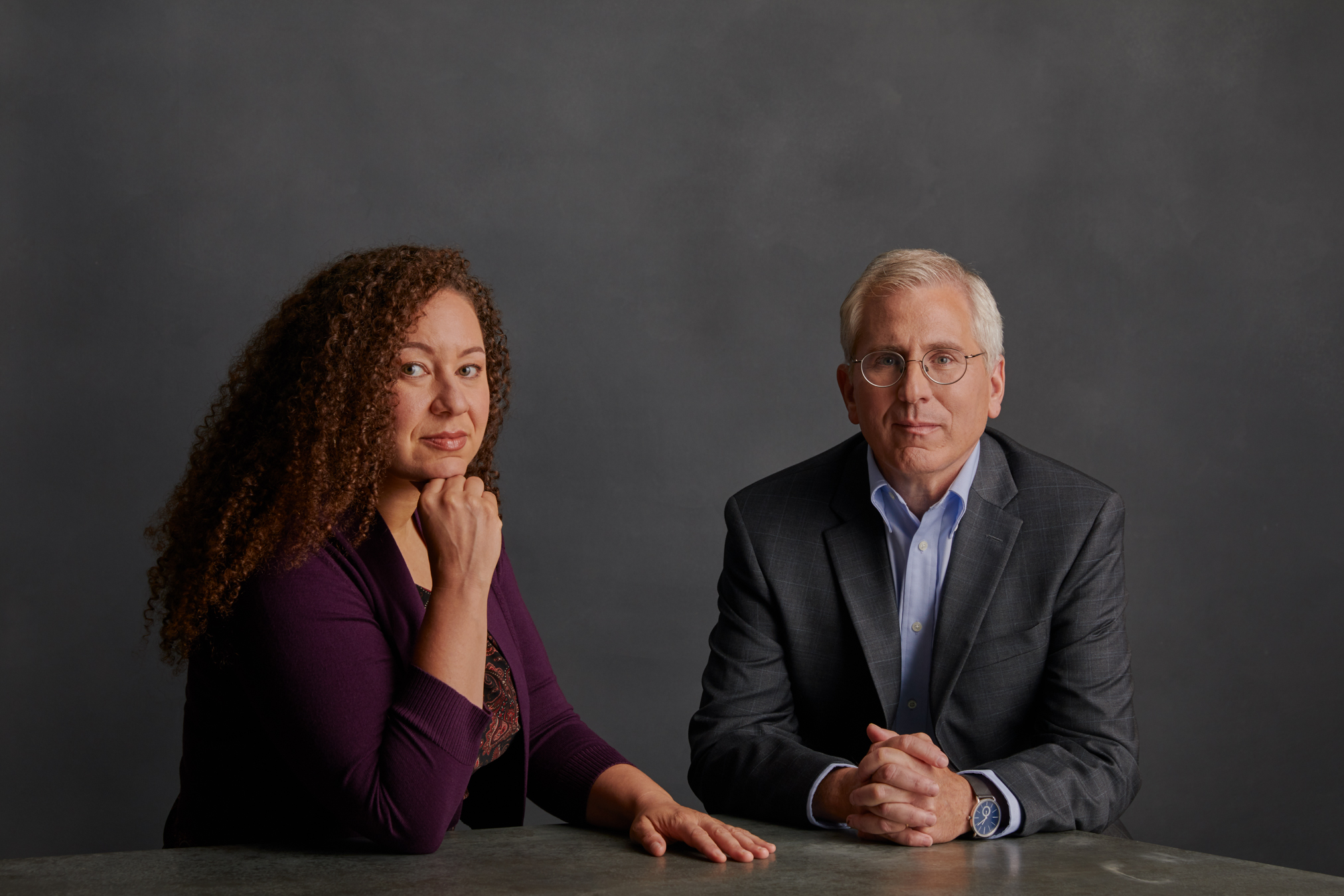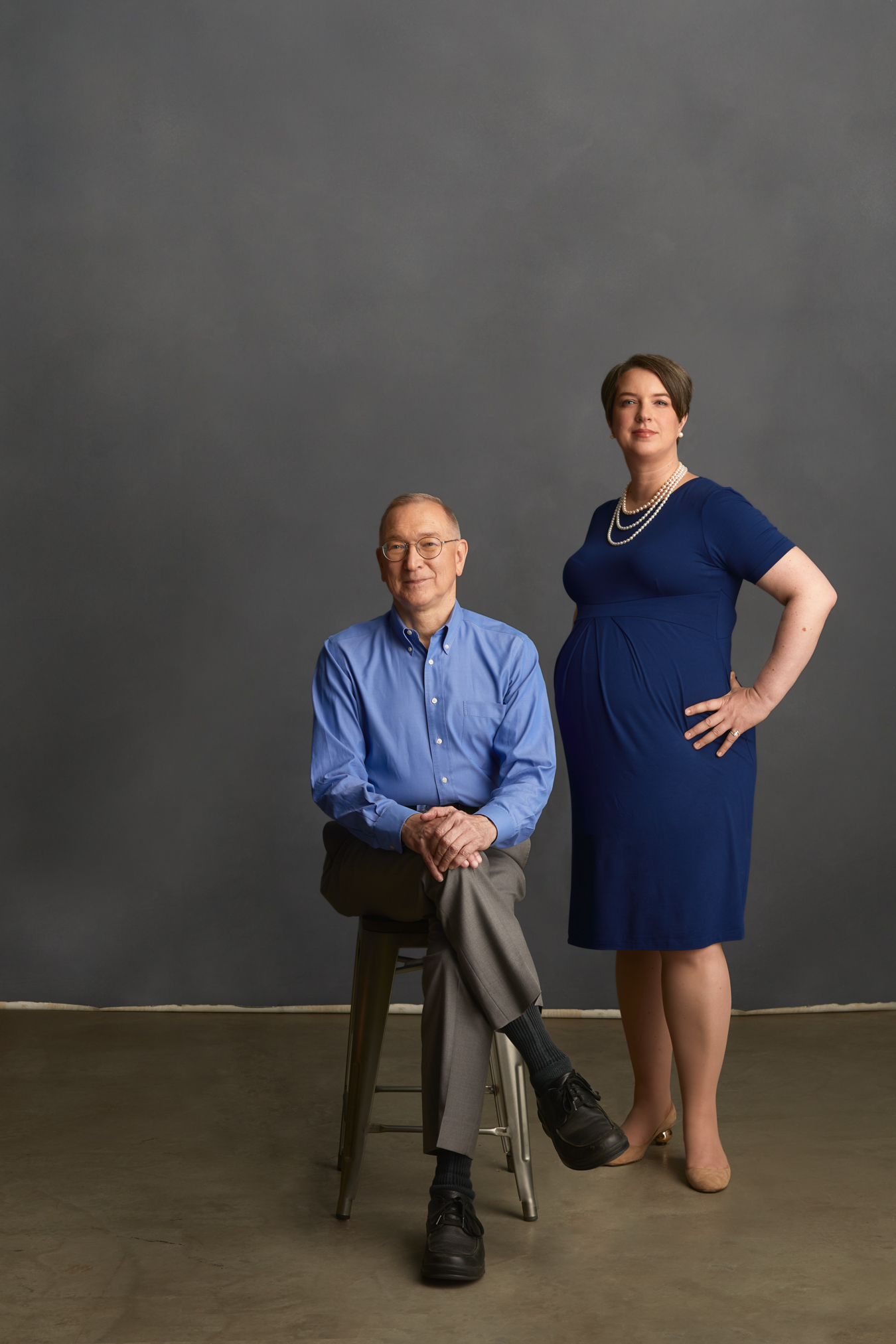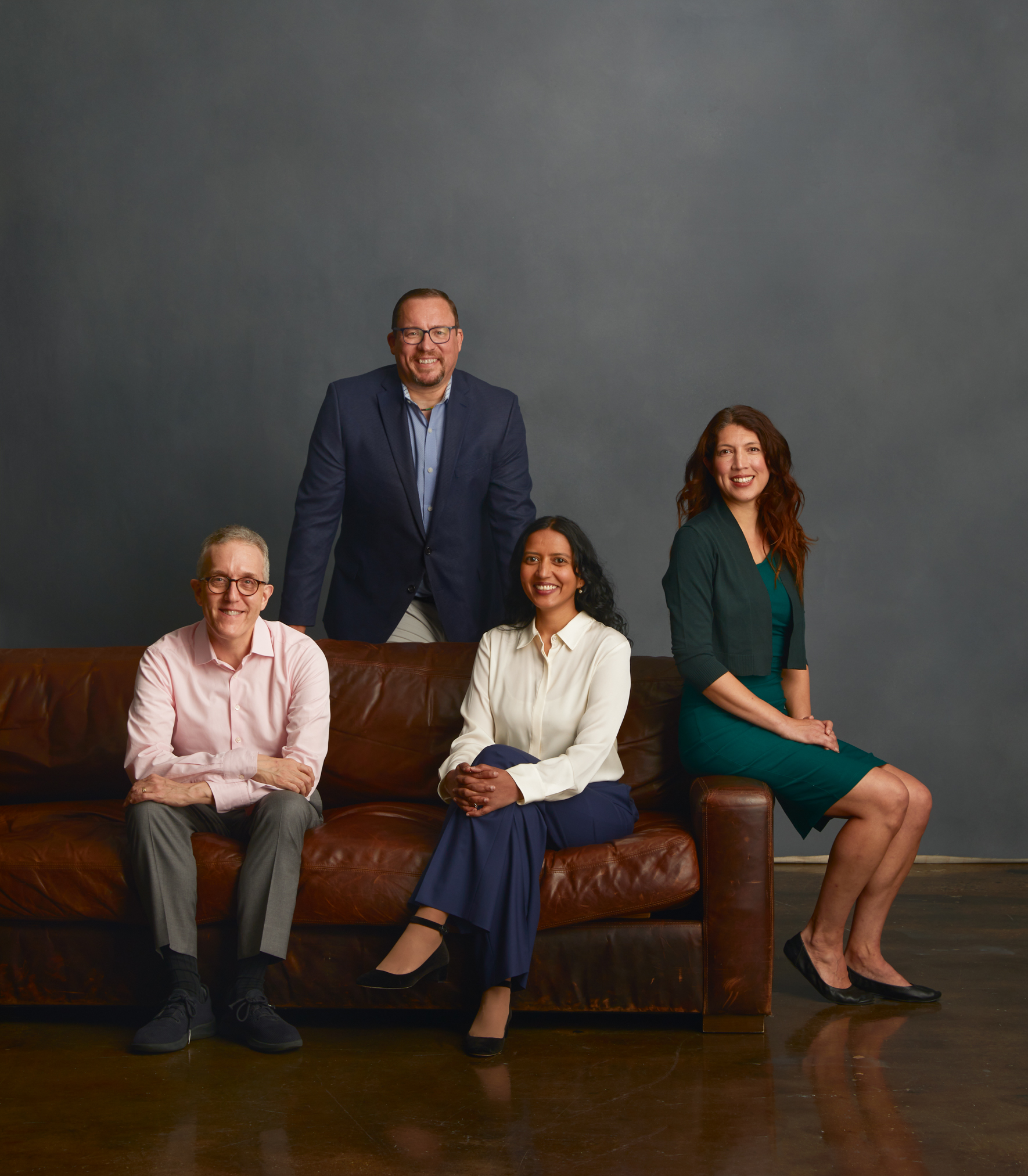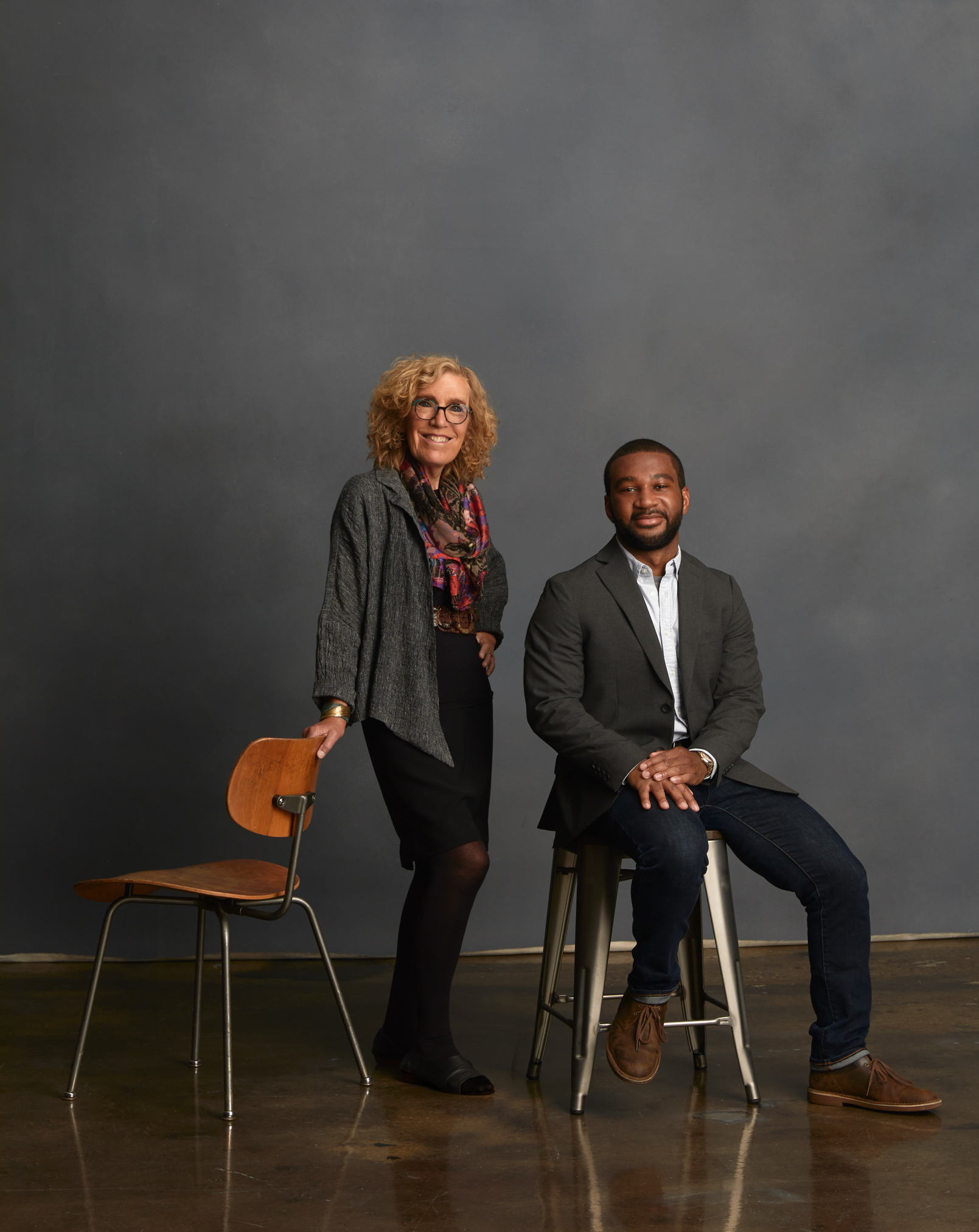Since our founding in 1946, in partnership with donors across the nation, we have invested nearly $450 million and funded nearly 4,000 scientists.
For 75 years, Damon Runyon has provided funding to scientists who bet their careers on high-risk, high-reward hypotheses, concepts, and strategies. In this time, Damon Runyon scientists have advanced cancer research exponentially – because each one builds upon the achievements of those who came before.
As we celebrate this milestone of scientific achievement, we honor the scientists who have contributed to this legacy and continue to carry it forward. With them, we look to the future.
Every breakthrough in cancer research is a culmination of all the discoveries that came before it. Damon Runyon scientists lay the foundation for future advancement, not only through their work but also through their mentorship of the next generation of leaders in cancer research. We are truly honored to support them.
The below timeline provides a sample of significant accomplishments by Damon Runyon scientists.
-
2021
Nobel PrizeNobel Prize in Physiology or Medicine (shared) “for their discoveries of receptors for temperature and touch.”
David Julius, PhD
(former member of Fellowship Committee and mentor to 4 Fellows)
Ardem Patapoutian, PhD
(Fellow 1996–99 and Scholar 2002–05) -
2020
First therapy targeting "undruggable" KRAS approvedLeadership of the clinical trials for the first KRAS inhibitor, Lumakras, FDA approved for treatment of lung cancer in 2021.
Piro Lito, MD, PhD
(Clinical Investigator 2017–22) -
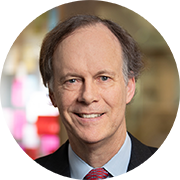
2019
Nobel Prize2019 Nobel Prize in Physiology or Medicine (shared) “for [his] discovery of how cells sense and adapt to oxygen availability.”
William G. Kaelin, Jr., MD
(Damon Runyon Board of Directors) -

2018
Completion of the Pan-Cancer AtlasCompilation of data from more than 11,000 tumors, representing 33 different cancer types, which is an essential resource for scientists developing targeted drugs.
Matthew L. Meyerson, MD, PhD
(Fellow 1995-98) -
2015
First combination immunotherapy approved for advanced melanomaDemonstration of effectiveness of Yervoy plus Opdivo for treatment of advanced melanoma, leading to first FDA approval of a combined immunotherapy the same year.
Jedd D. Wolchok, MD, PhD
(Clinical Investigator 2003–08) -
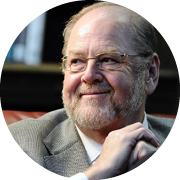
2013
Nobel Prize2013 Nobel Prize in Physiology or Medicine (shared) “for [his discovery] of machinery regulating vesicle traffic, a major transport system in our cells.”
James E. Rothman, PhD
(Fellow 1976-1978) -
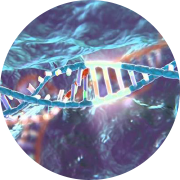
2013
Revolutionary gene editing toolDevelopment of the CRISPR/Cas9 system capable of editing specific genes in living organisms.
Feng Zhang, PhD
(Innovator 2012-14) -
2013
Success of CAR-T cell therapy
Used genetically modified T immune cells to treat leukemia patients, resulting in remarkable rates of remission.
Renier J. Brentjens, MD, PhD
(Clinical Investigator 2006-11) -
2012
Targeted Therapy for lung cancerDemonstrated the potential of ALK inhibitor therapies for patients with non-small cell lung cancer harboring certain genetic alterations.
Alice Tsang Shaw, MD, PhD
(Fellow 2004-05) -
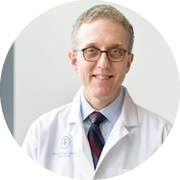
2010
Development of YervoyLed the clinical trials of Yervoy, a life-extending immunotherapy for metastatic melanoma approved by the FDA in 2011.
Jedd D. Wolchok, MD, PhD
(Clinical Investigator 2003-08) -
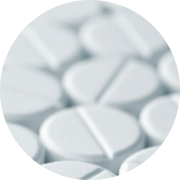
2009
Aspirin use and colorectal cancer
Demonstrated that regular aspirin use improves survival rates for colorectal cancer patients
Andrew T. Chan, MD, MPH
(Clinical Investigator 2008-11) -
2008
Cancer Genome Atlas resultsFirst report (on glioblastoma) issued by a national consortium to comprehensively map the genomic alterations of different cancer types and subtypes.
Matthew L. Meyerson, PhD
(Fellow 1995-98) -
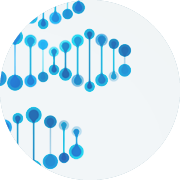
2008
Success of immunotherapyFirst example of immunotherapy being used to successfully treat advanced solid tumor cancer, without requiring other drugs or chemotherapy.
Cassian Yee, MD
(Clinical Investigator 2001-06) -
2004
Predicting response to IressaDiscovery of a mutation that predicts the response of lung cancer patients to the targeted therapy Iressa, the first demonstration of the potential of genomics for personalized medicine.
William R. Sellers, MD
(Clinical Investigator 2001-2005)Matthew L. Meyerson, MD, PhD
(Fellow 1995-1998) -
2001
Stem cell differentiationIdentification of the factors that govern differentiation of stem cells into hair follicles, sebaceous glands, or epidermis, and first successful and reproducible cloning of healthy mice from any type of adult stem cell.
Elaine V. Fuchs, PhD
(Fellow 1977-79) -
2001
Immune checkpoint pathwayDemonstration that proteins called PD-1 and PD-L1 are part of a "checkpoint" pathway that protects cancer cells from the immune system, leading to a new class of cancer immunotherapies.
Gordon J. Freeman, PhD
(Fellow 1979-81) -
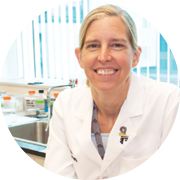
2000
HPV linked to head/neck cancerIdentification of the human papillomavirus as a cause of head and neck cancer.
Maura L. Gillison, MD, PhD
(Clinical Investigator 2000-05) -
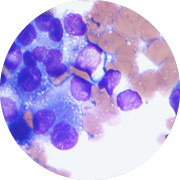
1996
Skin cancer gene identifiedCo-discovery of the gene responsible for basal cell carcinoma, the most common human skin cancer.
Ronald Lee Johnson, PhD
(Fellow 1992-95) -
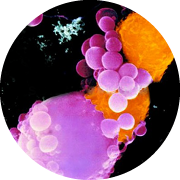
1996
Key steps in "cell suicide"Unveiling of key biochemical steps in the process of cell suicide (apoptosis), which is essential to preventing cancer formation and is frequently altered in human cancers.
Xiaodong Wang, PhD
(Fellow 1991-94) -
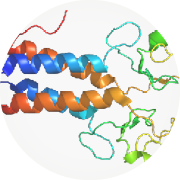
1996
Discovery of breast cancer geneCo-discovery of BRCA1, the first human gene to be identified as a cause of breast cancer.
C. Alexander Kamb, PhD
(Fellow 1988-91) -
1994
Key cellular processes identifiedDiscovery that growth factors induce the rapid and transient expression of a family of genes whose functions are crucial for neuronal differentiation, cell survival, and adaptive responses.
Michael E. Greenberg, PhD
(Fellow 1983-84) -
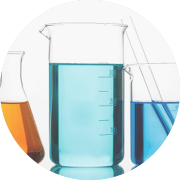
1992
Development of ErbituxDevelopment of a novel targeted therapy for cancer, Erbitux, which inhibits the growth factor receptor EGFR, approved by the FDA in 2004.
John Mendelsohn, MD
(Grantee 1972-74) -

1992
Vegetables help fight cancerPioneering of the field of chemoprevention with the demonstration that broccoli and other cruciferous vegetables contain a cancer-fighting substance called sulforaphane.
Paul Talalay, MD
(Fellow 1950-51) -
1991
Development of HerceptinInstrumental contributions to the development of the breast cancer drug Herceptin, approved by the FDA in 1998.
H. Michael Shepard, PhD
(Fellow 1978-80) -
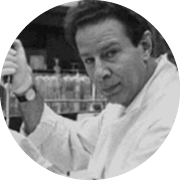
1989
Nobel Prize1989 Nobel Prize in Chemistry (shared) “for [his] discovery of catalytic properties of RNA.”
Sidney Altman, PhD
(Fellow 1967-69) -
1989
Protein transport within the cellDescription of “the instruction book for the assembly of a cell:” how vesicles (tiny sac-like structures that transport proteins within cells) reach their correct destination and release their contents at the proper place and time (2002 Lasker Award; 2013 Nobel Prize).
James E. Rothman
(Fellow 1976-78) -
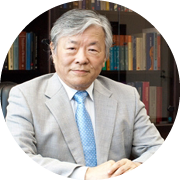
1987
Nobel Prize1987 Nobel Prize in Physiology or Medicine “for his discovery of the genetic principle for generation of antibody diversity”
Susumu Tonegawa, PhD
(Fellow 1969-70) -
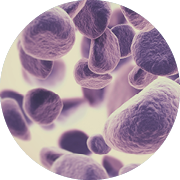
1986
Blood-producing stem cellsFirst demonstration that a single blood-producing stem cell in bone marrow, known as a hematopoietic stem cell, can rebuild the entire blood system.
Ihor R. Lemischka, PhD
(Fellow 1984-86) -
1986
The myc oncogene and cancerDiscoveries in connection with an oncogene called myc that have been key to understanding how normal cells become cancerous.
Robert N. Eisenman, PhD
(Fellow 1971-72) -
1986
Towards development of GleevecIdentification of the molecular defect in the Philadelphia chromosome that causes chronic myelogenous leukemia, which gave rise to the development of the breakthrough drug Gleevec.
Eli Canaani, PhD
(Fellow 1975-77) -
1985
Mechanisms of protein actionFundamental work on protein folding, providing a deeper understanding of how proteins adopt their structures and leading to better computational models for drug design.
Kenneth A. Dill, PhD
(Fellow 1979-80) -
1982
Proteins that copy chromosomesDiscovery of the protein machinery that enables chromosomes to be copied and the protein complex that regulates the copying process.
Bruce W. Stillman, PhD
(Fellow 1979-81) -
1980
Colorectal cancer genes foundDemonstration that mutations in human MMR genes are responsible for what is the most common cancer predisposition syndrome, Hereditary Non-Polyposis Colorectal Cancer (HNPCC).
Richard A. Fishel, PhD
(Fellow 1980-81) -
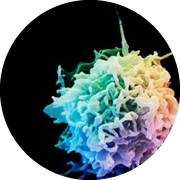
1976
How T cells control immunityElucidation of how T cells mediate the body’s cellular response against infection from viruses and bacteria and provide immunity against repeated exposure from foreign invaders.
Philippa C. Marrack, PhD
(Fellow 1971-73) -
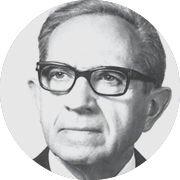
1974
Nobel Prize1974 Nobel Prize in Physiology or Medicine (shared) “for [his] discoveries concerning the structural and functional organization of the cell.”
Albert Claude, MD
(Grantee 1951) -
1973
Epstein-Barr virus and cancerDiscovery of the connection between the Epstein-Barr virus and lymphomas and other cancers.
George Klein, MD, PhD
(Fellow 1974-76) -
1971
First hereditary breast cancerFirst identification of the hereditary breast-ovarian cancer syndrome (HBOC).
Henry T. Lynch, MD
(Grantee 1969-70) -

1971
Drug cocktail for AIDS treatmentLandmark contributions to antiviral treatment, including the development of the drug cocktail currently used for AIDS treatment.
Erik D. De Clercq, MD
(Fellow 1969-70) -
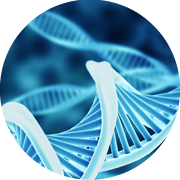
1970
First cancer-causing gene foundIdentification of the first cancer-causing gene, or oncogene.
Peter K. Vogt, PhD
(Grantee 1959-62) -
1970
Bone marrow transplant successFirst successful bone marrow transplant using matched family members.
Fritz H. Bach, MD
(Grantee 1965-67) -
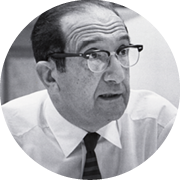
1969
Nobel Prize1969 Nobel Prize in Physiology or Medicine (shared) “for [his] discoveries concerning the replication mechanism and the genetic structure of viruses.”
Salvador E. Luria, MD
(Grantee 1961) -

1967
Blood cancers cured in childrenDevelopment of chemotherapy combinations that cured children with acute leukemia and children in Uganda with Burkitt’s lymphoma (1972 Lasker Award)
Joseph H. Burchenal, MD
(Grantee 1962-63) -
1967
Seminal findings about immunitySeminal discoveries about the immune system: white blood cells are comprised of B cells and T cells, these cells act together to produce antibodies, and the thymus functions to produce T cells.
Jacques F. A. P. Miller, PhD
(Grantee 1970-71) -
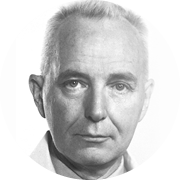
1966
Nobel Prize1966 Nobel Prize in Physiology or Medicine “for his discoveries concerning hormonal treatment of prostatic cancer.”
Charles B. Huggins, MD
(Grantee 1955) -
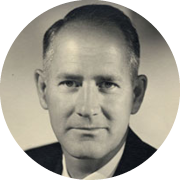
1958
Nobel Prize1958 Nobel Prize in Physiology or Medicine (shared) “for [his] discovery that genes act by regulating definite chemical events.”
George W. Beadle, DSc, PhD
(Grantee 1952) -
1956
Tumor cured with chemotherapyFirst cure of a solid tumor with chemotherapy.
Min Chiu Li, MD
(Fellow 1953-55) -
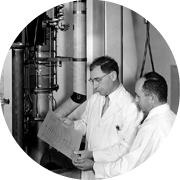
1956
Cancer cured with radiotherapyFirst cure of cancer with high-dose radiotherapy.
Henry S. Kaplan, MD
(Grantee 1956-57) -
1955
Birth of cancer immunology fieldFirst description of a tumor-specific antigen, establishing the field of cancer immunology.
Dennis Bernard Amos, MD
(Fellow 1955-56) -

1955
Growth of human cells in cultureDevelopment of the first methods for growing normal human cells in culture (1958 Lasker Award).
Theodore T. Puck, PhD
(Grantee 1947-49) -
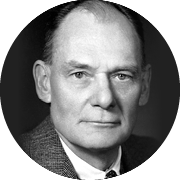
1954
Nobel Prize1954 Nobel Prize in Physiology or Medicine (shared) “for [his] discovery of the ability of poliomyelitis viruses to grow in cultures of various types of tissue.”
John F. Enders, MD
(Grantee 1968) -
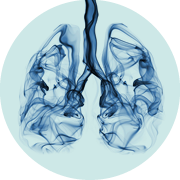
1954
Lung cancer linked to smokingFirst scientific correlation between lung cancer and cigarette smoking.
Ernst L. Wynder, MD
(Grantee 1952-53) -
1953
Red blood cell-inducing hormoneDiscovery of erythropoietin, the hormone that causes the body to make more red blood cells.
Allan J. Erslev, MD
(Fellow 1950-51) -
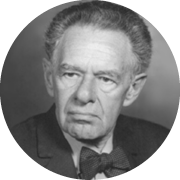
1953
Nobel Prize1953 Nobel Prize in Physiology or Medicine “for his discovery of co-enzyme A and its importance for intermediary metabolism.
Fritz A. Lipmann, MD, PhD
(Grantee 1952) -

1951
A virus can cause cancerFirst demonstration that a virus can cause cancer (1974 Lasker Award).
Ludwik Gross, MD
(Grantee 1951-52) -
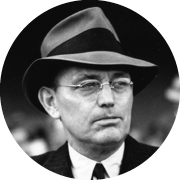
1946
Foundation formedDamon Runyon Cancer Research Foundation formed by Walter Winchell in honor of his friend and fellow renowned journalist Damon Runyon.


